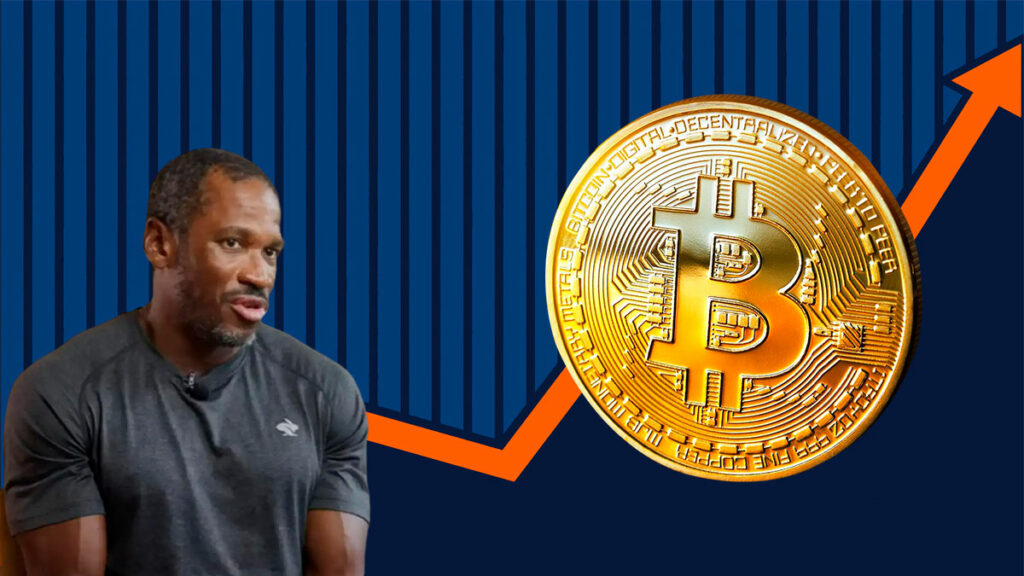Indian Crypto Traders and the VPN Dilemma
Indian Traders and the VPN Dilemma in the Crypto World
In the ever-evolving landscape of cryptocurrency trading in India, recent government discussions hinting at potential bans on international exchange URLs have left Indian Crypto investors and traders in a state of uncertainty. As the community grapples with increased taxes and regulatory challenges, a new concern emerges – the rise of VPN usage among traders.
This article explores the implications of such a shift, shedding light on what VPNs are, how they can be used to bypass restrictions, and the associated digital risks that traders may face.
Understanding VPN (Virtual Private Network):
VPN, or Virtual Private Network, is a technology that establishes a secure and encrypted connection over the internet. It allows users to access the internet through a server located in a different geographic location, effectively masking their true IP address and encrypting data transmission.
Why Traders Might Turn to VPNs: Facing the potential ban on international exchange URLs, Indian traders might consider using VPNs as a workaround to access these platforms. By masking their location, traders can attempt to bypass government-imposed restrictions and continue trading on international exchanges.
Digital Risks Associated with VPN Usage: While VPNs offer privacy and security benefits, their misuse in the context of cryptocurrency trading poses significant risks:
As Indian crypto traders contemplate the use of Virtual Private Networks (VPNs) to circumvent potential bans on international exchange URLs, it’s imperative to delve into the nuanced security concerns associated with VPN usage. While VPNs offer privacy benefits, their misuse in the context of cryptocurrency transactions can introduce a range of vulnerabilities:
1.False Sense of Anonymity:
VPNs provide a layer of anonymity by masking the user’s IP address. However, this anonymity is not foolproof. Traders might be under the misconception that their transactions are completely private, leading to a false sense of security.
2. Compromised VPN Services:
Not all VPN services are created equal. Opting for a compromised or unreliable VPN service can expose users to significant risks. Some VPN providers may log user data, compromising the confidentiality of crypto wallet details and transaction information.
3. DNS Leaks:
DNS (Domain Name System) leaks can occur when a VPN fails to effectively route DNS requests through its secure tunnel. This lapse can inadvertently reveal the user’s actual IP address, potentially exposing them to tracking and monitoring.
4.Malicious VPN Servers:
In some cases, hackers may set up fake VPN servers, aiming to lure crypto traders into connecting to these malicious nodes. Once connected, these attackers can intercept and manipulate data, leading to potential theft of sensitive information, including private keys.
5. Crypto Wallet Vulnerabilities:
Utilizing a VPN does not inherently secure the cryptocurrency wallet itself. If the device housing the wallet is compromised or lacks proper security measures, the encrypted connection provided by the VPN becomes only one layer of defense.
6. Phishing Attacks:
VPN usage can make it challenging to distinguish legitimate websites from phishing sites. Traders may unknowingly fall victim to scams where malicious actors imitate popular exchange platforms, leading to the theft of login credentials and private keys.
7. Legal and Regulatory Consequences:
Using VPNs to bypass government-imposed restrictions carries legal risks. If authorities detect traders employing VPNs to access banned URLs, they may face legal consequences, including fines or legal action.
While the potential ban on international exchange URLs in India raises concerns among crypto traders, resorting to VPNs as a solution introduces a new set of risks. It is essential for traders to weigh the advantages and disadvantages carefully, considering both the regulatory landscape and the potential threats to the security of their crypto assets. As the crypto community navigates these challenges, a comprehensive understanding of the risks associated with VPN usage is crucial for informed decision-making.




